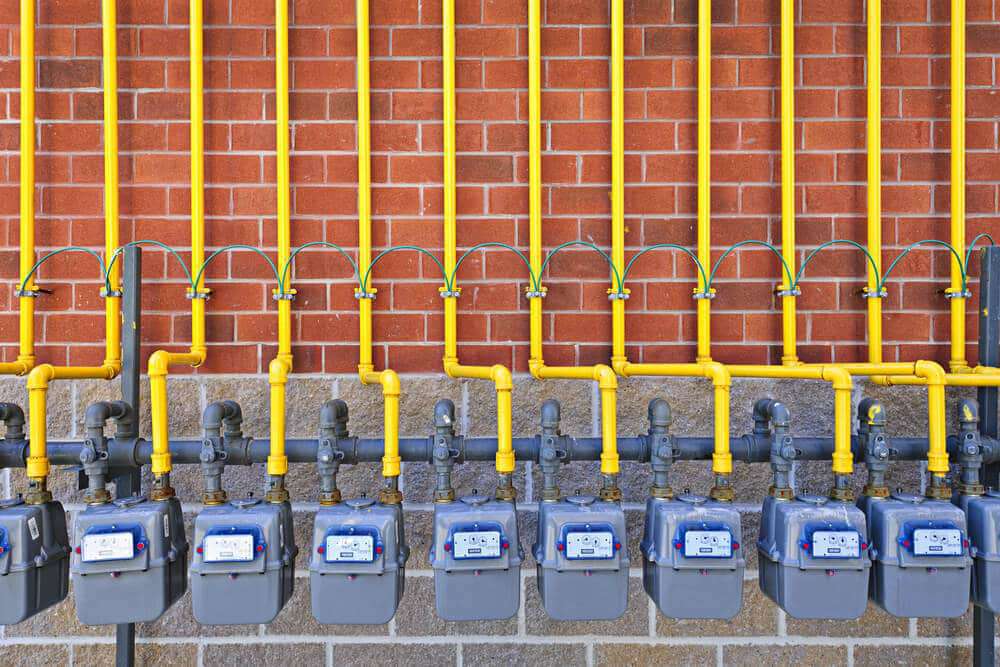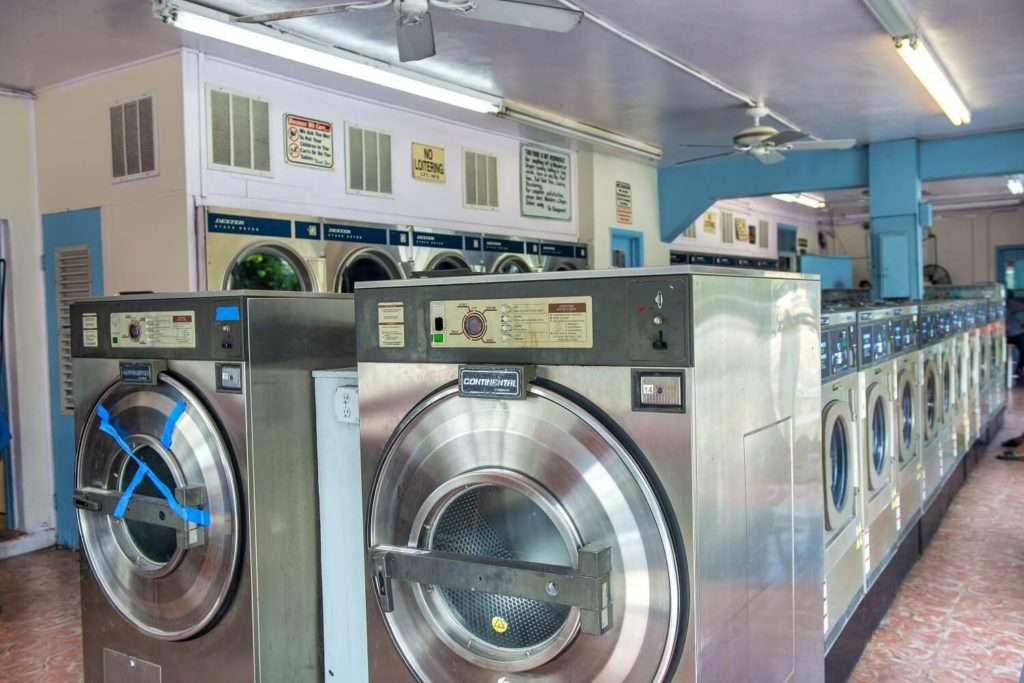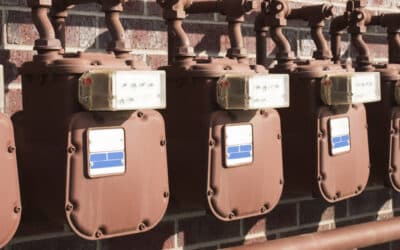It is critical that you read and understand the entire apartment lease. That’s because you’re committing to the terms and conditions of a legal document. You don’t want to be surprised later.
1. What’s Included
It seems obvious that you’d want to know what you’re signing up for, but in the excitement and stress of making a move, some people forget to find out all the financial obligations they are responsible to pay beyond the base rent.

For example, are the utilities included? Paying for electricity, cable, and Internet services can have a substantial impact on your monthly costs. How about parking? If you’re a city dweller, fees for a parking spot can rack up quickly, too. Are there amenity fees or pet fees? Ensure you understand these costs.
Pro Tip: There are many factors that go into making a decision about where to live. One of the most important and overlooked factors is financial value. It’s often overlooked because of a lack of knowledge as to how to calculate or measure value. Value can be determined by performing an apples-to-apples financial comparison. You will need to strip out the cost of any included utilities, make use of easy-to-obtain facts about the apartments (including square footage of livable space), and then apply basic math. Here is a helpful infographic for comparing apartment costs.
2. Term and Termination of the Lease
How long is the lease term? Some are month to month, but some are much longer Generally, the standard lease term is twelve months.
Pro Tip: You will generally pay significantly more for a shorter lease, but depending on your needs, it may still be advantageous.
How much notice do you need to give for moving out? The lease should specify. It is usually 60 to 90 days before the expiration of your lease. Note: this does not mean 60 to 90 days notice whenever desired, but rather 60 to 90 days before the end of your lease.
Failure to give proper notice (usually via certified mail) and breaching the lease can have significant financial consequences. Make sure you understand it.
Pro Tip: Consider putting a reminder in your calendar several days before notice is required.
3. Security Deposit and Late Fees
How much is the security deposit? It should be spelled out in the lease. How much do you have to commit to paying upfront, when do you get it back and what do you have to do to get it back when you leave? You may need to get your carpets professionally cleaned before you move. The general rule of thumb is you must return the apartment in the same condition you received it, less normal wear and tear.

Also, make sure you understand when rent is due and what the late fees are if you miss a rent payment.
4. Rental Insurance Requirement
Today, many apartments require renter’s insurance before you move in. A landlord’s insurance policy generally does not protect against damage to your personal belongings but renter’s insurance can (subject to terms and limits of the policy). A renter’s insurance policy can also offer financial protection for liability coverage if, for example, you are found liable for one of your guests who was injured visiting your apartment (subject to terms of your policy and coverage limits). It is important to read and understand your entire insurance policy.
5. Community Rules
You may have community rules designed to create a safe, livable environment. These may include prohibitions about what you’re allowed to put on your patio or balcony, how you can and cannot use public spaces, noise levels, pets, restrictions on guests, unit inspections, and more. Make sure that you understand these guidelines and are comfortable with them.

Read through the lease agreement and make sure you understand the commitments you are making. Find out what the rent includes, the term of the lease, the details on rent and other costs, whether rental insurance is required, the rules you’ll have to live by, and more. Make sure you read and understand the entire lease agreement, but hopefully this article gives you a nice start. See top questions to ask before signing a lease.





